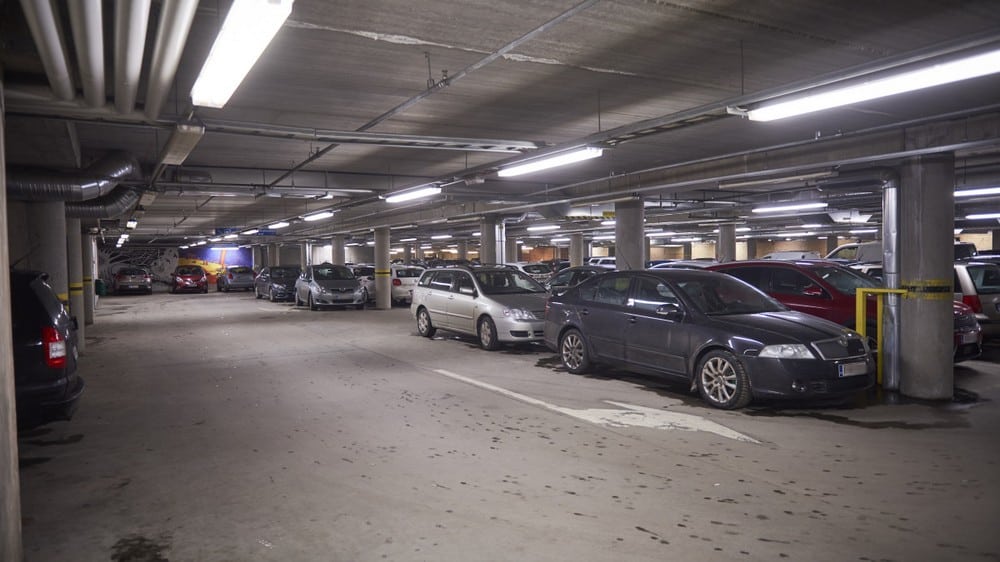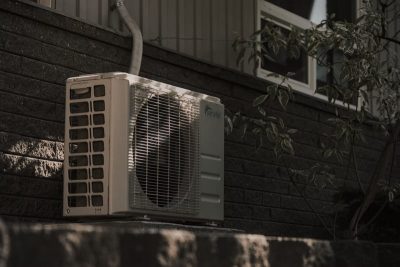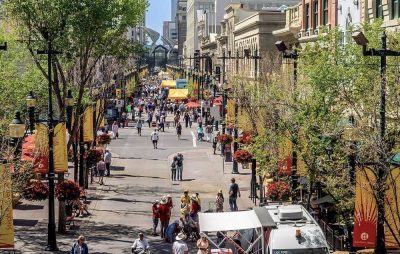
Rehabilitating a multi-level parking structure can be expensive and technically challenging. According to the International Concrete Repair Institute (ICRI), approximately 70% of a parking garage’s structural issues stem from water infiltration, leading to steel corrosion and concrete degradation over time. Selecting a skilled and trustworthy contractor is therefore crucial not only for maximizing your investment but also for ensuring user safety.
1. Why Does Hiring a Structural Repair Expert Matter?
Parking garages undergo daily stressors, including heavy traffic, temperature fluctuations, and exposure to chemicals such as de-icing salts. Over time, these factors can cause cracking and speed up corrosion in steel reinforcements. A contractor experienced in structural restoration is equipped to pinpoint the root causes of damage (from micro-cracking to design faults), recommend durable solutions, and utilize modern repair techniques.
Typical indicators of urgent repair needs include extensive cracking in beams or slabs, persistent damp areas or visible rust on steel bars, concrete sections beginning to detach or flake, and noticeable floor deflection or vibration when vehicles pass.
2. Setting Priorities: Identifying Your Actual Repair Needs
Before contacting a construction firm, evaluate the current condition of your garage. This appraisal should cover whether the deterioration is superficial (minor cracks, aesthetic concerns) or structural (issues in beams, columns, or load-bearing components), how extensive the affected areas are (localized fixes or complete structural updates), and what environmental factors (moisture, chemical exposure, heavy vehicle loads) might be contributing to the damage.
| Repair Category | Concrete Examples | Estimated Duration |
| Minor Fixes | Fine cracks, cosmetic improvements | 1–2 days |
| Moderate Repairs | Partial concrete replacement, waterproofing | 1–2 weeks |
| Structural Work | Column, beam, or slab strengthening | 2 weeks–2+ months (variable) |
3. Assessing Reputation and Experience: What You Need to Know
A contractor’s track record in similar projects can make a significant difference in how they handle your garage’s challenges. However, experience alone isn’t enough; a solid reputation is equally important.
Portfolio of Completed Projects: Request examples of parking garage or comparable structural repairs. Look for evidence of on-time delivery and high-caliber execution.
Certifications and Professional Memberships: Affiliations with organizations like the National Association of Corrosion Engineers (NACE) or ICRI signal recognized expertise in concrete restoration and corrosion prevention.
Reviews and Recommendations: Talk to past clients, study online feedback, and watch for recurrent complaints or red flags.
4. Modern Intervention Methods and Technologies
Techniques and materials chosen will greatly influence the end result. Commonly used approaches include:
- Resin Injections for small cracks or localized leaks.
- Repair Mortars with Specific Additives to ensure proper bonding to existing concrete and enhanced corrosion resistance.
- Carbon Fiber Reinforced Polymers (CFRP) for strengthening structural components when additional load-bearing capacity is needed.
- Protective Coatings and Waterproofing to mitigate further damage from water penetration and chemical exposure.
Studies by the American Concrete Institute (ACI) suggest that adopting innovative repair solutions can extend a parking structure’s lifespan by an additional 15–20 years, depending on usage and climate conditions.
5. Budgeting and Evaluating Estimates
When requesting price quotes, ask each company for a transparent breakdown. This should include costs for materials, labor, equipment, and transport. Look at how the schedule is organized, including the overall timeline and any key milestones, and review the contractual terms to confirm there’s a clear warranty on workmanship. Include a 10–15% contingency fund for hidden complications, such as uncovering more serious structural damage mid-project.
6. Direct Discussions with Potential Contractors: Must-Ask Questions
Once you narrow your list to two or three contenders, set up meetings to clarify essential details. Here are some key topics:
Access Management: Can they stage their work to keep parts of the garage open?
Handling Surprises: What is their contingency plan for poor weather or unexpected findings?
Relevant Experience: Can they provide case studies or references from projects of a similar size or scope?
Quality and Safety Monitoring: Do they have clear protocols for quality assurance and on-site safety measures?
7. Signing the Contract and Supervising the Work
When you’ve made your selection, formalize the agreement with a written contract specifying the technical scope, payment schedule, project duration, and penalties for significant delays. It’s also crucial to outline the warranty period and define both parties’ responsibilities should defects occur after completion. Stay in close communication throughout the work, regularly verifying that materials, workmanship, and timing are consistent with what was promised.
Frequently Asked Questions (FAQ)
1. How do I spot a potentially fraudulent contractor?
Common red flags include suspiciously low bids lacking clear justifications, inability to present valid credentials or insurance, pressure to pay most of the costs upfront, and poorly defined contracts that don’t protect the client.
2. How long does a typical parking garage restoration take?
Moderately extensive repairs often last one to two weeks, while major structural interventions can extend from two to three months or longer, based on the project’s scope and external factors like weather.
3. What are the most important post-repair maintenance measures?
Regular inspections for new cracks and signs of water leakage, periodic cleaning to remove salts or debris, and reapplying protective coatings or sealants as recommended.
4. Can I keep part of the garage open during construction?
Usually, yes. Many contractors plan phased work or operate during off-peak times to minimize closures and disruptions. Make sure you discuss this in advance so that it’s factored into the project plan.
5. Are there environmentally friendly ways to repair concrete structures?
Indeed. Eco-friendly mortars containing recycled content and methods that minimize resource usage (water, energy) are widely available. A modern contractor should be able to propose sustainable alternatives if desired.
Conclusion
Choosing a specialized contractor for multi-level parking garage repairs involves more than just picking the cheapest offer. A thorough review of their expertise, reputation, pricing details, and approach to structural reinforcement ensures that your project meets high standards of safety and durability. Don’t forget that maintenance after completion is critical; frequent inspections and preventive measures can help you avoid substantial costs and extend the life of your garage for many years.








